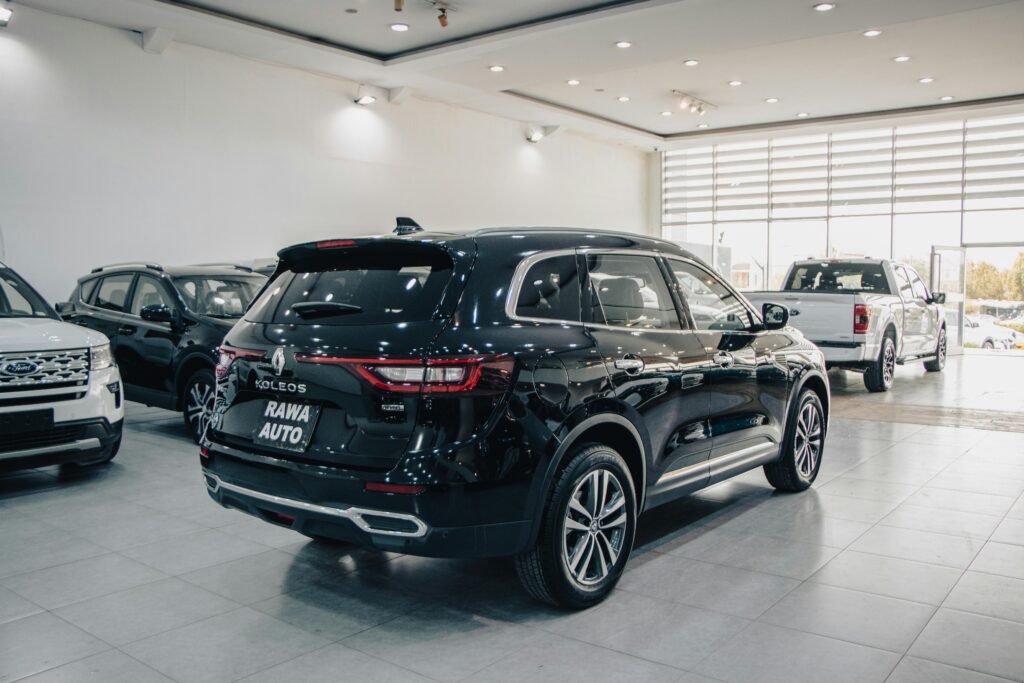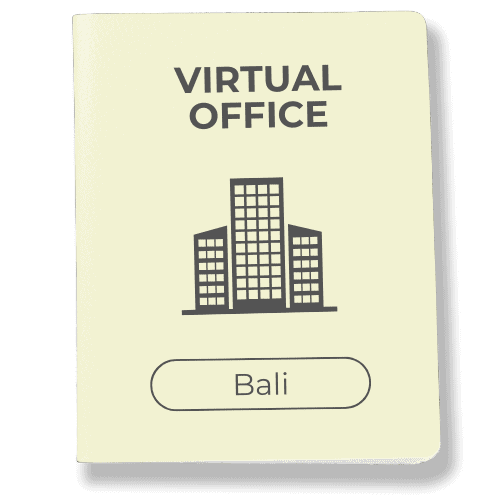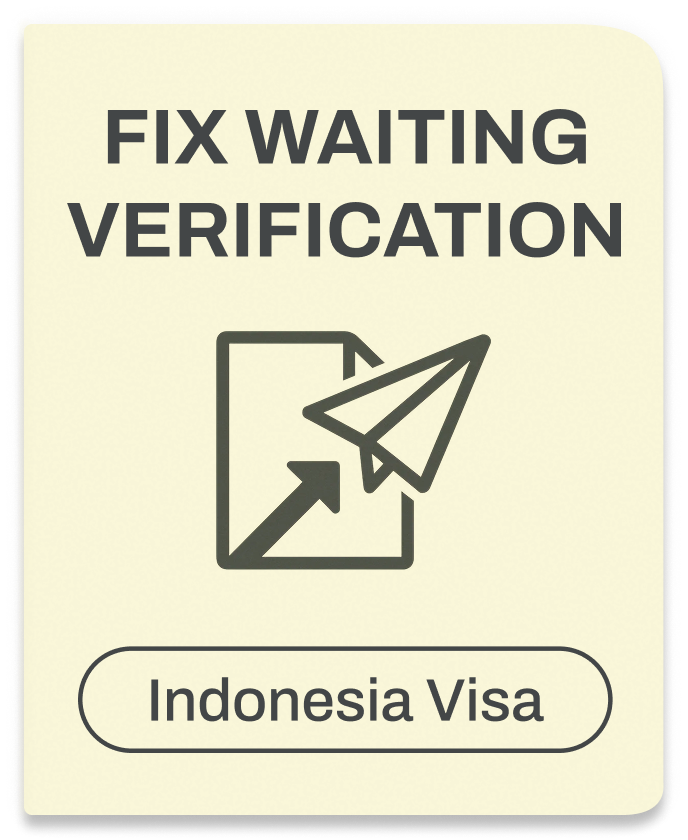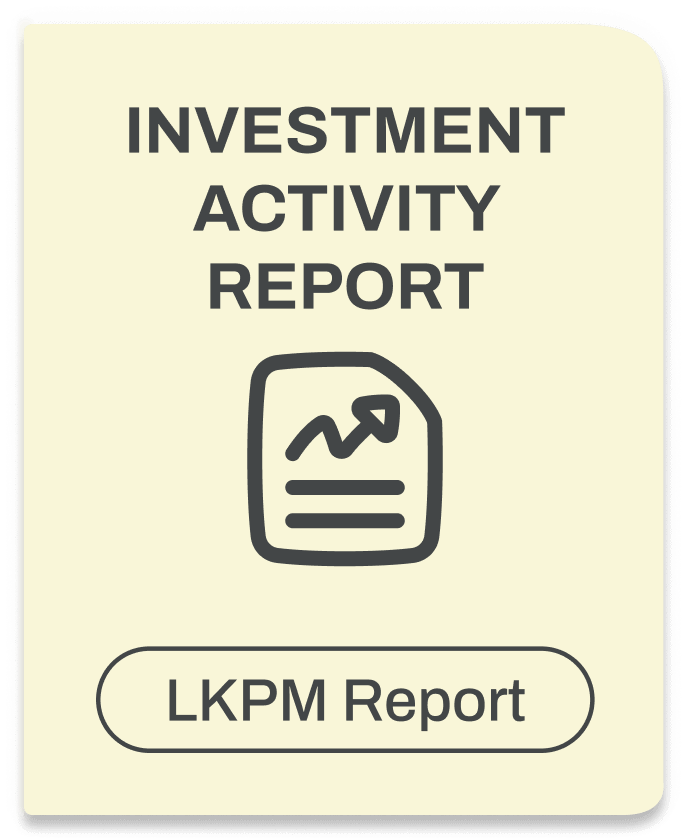How to Buy a Car in Bali as a Foreigner: Tips, Rules, and Process

For foreigners holding a valid passport and a KITAS or KITAP (temporary or permanent stay permit), owning a car in Bali is legally permissible. However, purchasing a vehicle here involves more than just the transaction itself. To comply with Indonesian law, you’ll need to understand vehicle registration, secure appropriate insurance, and navigate local taxation.
This comprehensive guide will walk you through the entire car-buying process in Bali for foreigners. We’ll cover everything from choosing between new and used vehicles to understanding crucial ownership documents like the STNK and BPKB, along with detailed information on registration, taxes, and insurance requirements. Our goal is to provide a step-by-step procedure that highlights key legalities, necessary documentation, and dealership practices to help you navigate the local market effectively.
Whether you’re planning a long-term stay or simply seeking greater freedom to explore Bali, buying a car can be a practical choice with the right guidance. Let’s dive into what you need to know before taking the wheel in paradise.
Buying a Used Car

When you buy a used car in Bali, it can be a smart financial move, especially for foreigners staying long-term or looking to avoid the rapid depreciation of new vehicles. However, the process requires careful attention to documentation, vehicle condition, and legal compliance.
Why Consider a Used Car?
Used cars are generally more affordable and may already be fitted with useful accessories like roof racks or parking sensors. You’ll also pay less in taxes and insurance compared to buying new. However, insuring older models in Indonesia can be challenging, as insurance coverage for these vehicles may be more difficult to obtain. That said, not all deals are created equal. It’s essential to do your homework and inspect the vehicle thoroughly.
Required Documents for Foreigners
As a foreign buyer, you’ll need to prepare the following documents to purchase and register a used car in Indonesia legally:
- Valid Passport
- KITAS or KITAP (Temporary or Permanent Stay Permit)
- Proof of Address – Usually a rental contract or domicile letter (Surat Domisili)
You should also obtain a copy of the seller’s or previous owner’s ID card (KTP) to facilitate the ownership transfer and ensure proper documentation.
Make sure the name on the BPKB matches the seller’s identity if it doesn’t, walk away or ask for clarification. You’ll also need to transfer the ownership officially (Balik Nama), which can take up to two weeks and should be done at the local Samsat office.
Tips for Buying Safely
- Always inspect the car in daylight. Check the tires, engine, brakes, interior, and undercarriage. If you’re not confident doing this yourself, hire a trusted local mechanic to help.
- Ask about the car’s history. Was it an accident? Has it been in a flood? A quick check under the mats and seat covers can tell you a lot.
- Request the service book. Regular maintenance records indicate that the car was properly cared for.
- Verify documents and history with the previous owner. Confirm ownership, check all documents, and if possible, maintain contact with the previous owner for assistance with registration or renewal processes.
- Avoid cars with Jakarta plates (B). These often come with higher taxes, and their transfer process can be more complex.
- Check the STNK validity. This registration certificate must be renewed yearly, and an expired one can cause legal headaches.
- Use trusted sources. Online platforms like OLX Indonesia or Mobil123 list many cars, but be cautious. Reputable local dealerships usually offer more secure transactions and help with paperwork.
A Note on Imported Cars
Imported vehicles may look luxurious, but many come with incomplete documentation or unpaid taxes. In Indonesia, imported vehicles are often considered expensive cars, which are subject to higher taxes and fees, making ownership more costly. If the BPKB and STNK are not in perfect order, you could face fines or even confiscation. Unless you’re buying from a premium, well-known dealer, it’s best to avoid grey-market imports altogether.
Buying a New Car
If you’re planning to stay in Bali for the long haul or simply prefer the peace of mind that comes with zero mileage and a full warranty, buying a new car can be a worthwhile investment. For foreigners, the process is fairly straightforward, provided you work with a reputable car dealer and have the required documentation ready. Buying through an Indonesian showroom means the dealership will handle most of the paperwork and administrative steps for you.
Why Choose a New Car?

New cars offer several clear advantages: manufacturer warranties, smoother registration processes, and the confidence that your vehicle hasn’t been in a flood or fender bender. You’ll also enjoy the latest technology, better fuel efficiency, and in some cases, lower maintenance costs during the first few years.
For expats, this can mean fewer headaches and more reliable transportation, especially if you plan to explore the island extensively or commute daily. Always confirm that any financing or warranty agreements specifically apply to the same car you are purchasing to avoid confusion or issues later.
Required Documents (What’s New for New Cars)
Most of the core documents for buying a used car still apply here, like your valid passport, KITAS, or KITAP. However, buying a brand-new car comes with a few additional documents needed:
- Company Certificate (if purchasing under a business) – Many foreigners choose to register the car under a PT PMA (foreign-owned company) or sponsor company. If that’s your route, you’ll need your company’s legal documents.
- NPWP (Tax ID) – While sometimes optional when buying used, it’s often required by dealerships when financing or registering new vehicles.
- Vehicle Order Form (SPK) / Purchase Order – This is a signed agreement between you and the dealer that outlines the specs, price, and terms of purchase. It also serves as the purchase order, confirming your intent to purchase the vehicle and is required for financing and ownership transfer.
The dealership will handle most of the legwork, including registration, issuing the temporary plates, and securing the STNK and BPKB, though these may take up to two weeks to be fully processed.
Tips for a Smooth Buying Process
- Choose a dealership with a strong reputation. Big brands like Toyota, Honda, Suzuki, and Mitsubishi have official showrooms across Bali. Their staff usually understands the requirements for foreign buyers and can guide you through every step.
- Negotiate, but respectfully. While prices on new cars in Indonesia tend to be fixed, some dealers may offer bonuses like free service, accessories, or discounts on insurance.
- Ask about lead times. Some models may be in stock and ready immediately, while others could take a few weeks to arrive, especially custom trims or color options.
- Clarify what’s included. Check if the quoted price includes registration, taxes, and insurance. Some dealers bundle everything into a “drive-away” price, while others list fees separately.
- Bring a translator or local friend if needed. Not all dealership staff are fluent in English, and misunderstandings can lead to costly delays.
- Consider vehicle size and terrain. Bali has everything from modern highways to narrow, bumpy roads. A smaller car might be more practical in dense traffic, while an SUV can handle rural routes and steeper hills. Also, think about the car’s body type—such as sedan, SUV, or hatchback—to ensure it matches your preferences and driving needs in Bali.
Financing Options
Foreigners can apply for financing through joint-venture finance companies, especially if they have an Indonesian spouse, company, or long-term stay permit. Financing typically requires a down payment, which reduces the loan amount and is usually a percentage of the car’s price. However, requirements are stricter than for locals, and you’ll likely need to show proof of income, tax records, or business activity. Buyers should also be prepared to provide documentation related to loan payments if financing is involved.
Most Indonesian banks do not provide car loans to foreigners, so joint-venture finance companies or dealership financing are the main options. Indonesian banks have strict requirements and limited options for expats, making alternative financing channels more common.
Some expats find it easier to pay upfront in cash, just be sure to get an official purchase receipt (kwitansi) and vehicle order agreement (SPK) from the dealer.
Registering Your Vehicle
Whether you’re buying a brand-new car from a dealer or purchasing a second-hand vehicle or other motor vehicles from a private seller, registering your motor vehicle is not just a formality; it’s a legal requirement. For foreigners, the process might feel unfamiliar at first, but with the right documents and a bit of guidance, it’s entirely manageable.
Why Registration Matters
Car registration in Indonesia does more than just put your name on paper. It legally proves ownership, allows you to drive on public roads, and connects your vehicle to the national tax and insurance systems. Without proper registration, you risk fines, impoundment, or difficulty reselling your car later on.
Once the registration is complete, you’ll receive your STNK (Surat Tanda Nomor Kendaraan), the vehicle registration certificate, and your official license plates. These documents must stay up to date and be carried in the vehicle at all times. Keeping your car’s registration and ownership documentation current is essential to ensure legal possession and to facilitate future resale.
Required Car Registration Documents for Foreigners
To register your car, you’ll need to submit a set of documents to the local Samsat office (Indonesian Motor Vehicle Administration). Some dealers offer to handle this for you, especially when purchasing a new car, but here’s what’s typically required if you’re handling it yourself:
- Valid Passport – Make sure your personal information is consistent with other documents.
- KITAS or KITAP – Your temporary or permanent stay permit is essential for identification and legal eligibility.
- Domicile Letter (Surat Domisili) – This shows proof of your local address, usually issued by your village office (Kelurahan).
- Original Purchase Invoice – You must provide the original invoice, not a copy, as this confirms the price and details of the transaction and serves as legal proof of purchase and ownership.
- Kwitansi (Sales Receipt) – The original receipt, signed by both buyer and seller, is required as proof of payment and transaction.
- BPKB – The official proof of ownership booklet.
- STNK (if applicable) – The original STNK must be presented when transferring ownership of a used car to comply with legal requirements and facilitate the process.
- Company Documents (if car is purchased under a PT PMA or local business).
- Tax ID (NPWP) – Some offices request this, especially for higher-priced vehicles or business-related purchases.
The Registration Process
- Prepare all the necessary documents. Make sure everything is complete and accurate.
- Visit the Samsat office. Go early to avoid long queues, especially in Denpasar. Some regional Samsat offices may require appointments.
- Submit your documents. Officials will verify the documents, process the vehicle’s data, and begin ownership registration.
- Pay the registration tax. This includes the BBNKB (ownership transfer tax), annual vehicle tax, and administrative fees.
- Receive your temporary plates and STNK. The temporary plates and STNK are issued approximately one week after submitting your documents, while the BPKB may take a few weeks if it needs to be reissued.
Some foreigners use agents or local friends to assist with the process. If you go this route, make sure they are trusted and provide regular updates.
Insuring Your Car
Car insurance is not required by law in Indonesia, but it’s strongly recommended, especially if you’re new to driving in Bali. If you get into an accident or your car is damaged, insurance helps cover the costs. Without it, you’ll need to pay for everything yourself.
There are two main types of car insurance:
- Basic insurance (third-party insurance)This covers damage or injury you cause to other people, their vehicles, or their property. For example, if you accidentally hit another car, your insurance can help pay for the repairs or medical costs. However, it does not cover damage to your own car.
- Full insurance (comprehensive insurance). This offers wider protection. It covers accidents, theft, floods, fire, and other damage to your own car, even if the accident was your fault. This is the most complete and recommended option, especially if your car is valuable or if you’re not familiar with local roads and traffic rules.
Insurance providers may require detailed information about your vehicle, such as registration details and inspection results, to determine coverage and premiums.
Understanding Vehicle Tax
When you own a car in Bali, or anywhere in Indonesia, you’ll need to pay a variety of vehicle-related taxes. These charges aren’t just a one-time thing; they’re part of your yearly car ownership costs. Here’s what you need to know.
First, there’s the registration tax, which is due when you first purchase the car. This is a government fee for registering the vehicle under your name and getting your official documents, including the STNK (vehicle registration certificate) and license plates.
Then comes the annual vehicle tax, called Pajak Kendaraan Bermotor (PKB). This is paid every year to keep your vehicle legally on the road. The amount varies depending on the car’s engine size, model year, and market value. In most cases, the annual vehicle tax is calculated based on the vehicle’s appraised value. If your vehicle has a high engine capacity or is considered a luxury model, expect to pay more.
In some cases, you may also be charged an additional progressive tax, especially if you own more than one vehicle registered under the same name or address. This additional progressive tax has rates that increase for owners of multiple vehicles, sometimes reaching up to 10% depending on the vehicle’s value and ownership status. The government uses this system to discourage people from owning multiple private vehicles to reduce congestion and pollution.
Don’t forget the Value-Added Tax (VAT), which is applied to the purchase price when buying a new car from a dealer. The standard VAT rate in Indonesia is 11% as of 2025, and it is also calculated based on the vehicle’s appraised value.
Together, these taxes can significantly add to the cost of owning a car. Make sure to budget not just for the purchase price, but also for ongoing expenses like tax renewals, insurance, fuel, and maintenance.
Lastly, keep in mind that tax rules can vary slightly by region. While Bali generally follows national guidelines, areas like Jakarta may impose additional levies. Always double-check the latest local policies, especially if you’re buying a car through a company or planning to register it outside of Bali.
Final Considerations for Cars in Indonesia
Owning a car in Bali can be a luxury item, but it offers convenience despite traffic jams. When buying a used car, consider the city where you plan to purchase or use the car, as availability, prices, and regulations may vary between different cities in Indonesia. But you should also consider factors such as parking, fuel costs, and maintenance. Research the Indonesian market and car prices to find the best deal, and be aware of the common practice of employing company-sponsored cars. If you’re checked everything, ensure you have all the necessary documents, including a valid passport and identity card, to complete the buying process and register your vehicle.
Ready to Apply or Extend Your Visa?
Let our visa specialists handle your application.



















